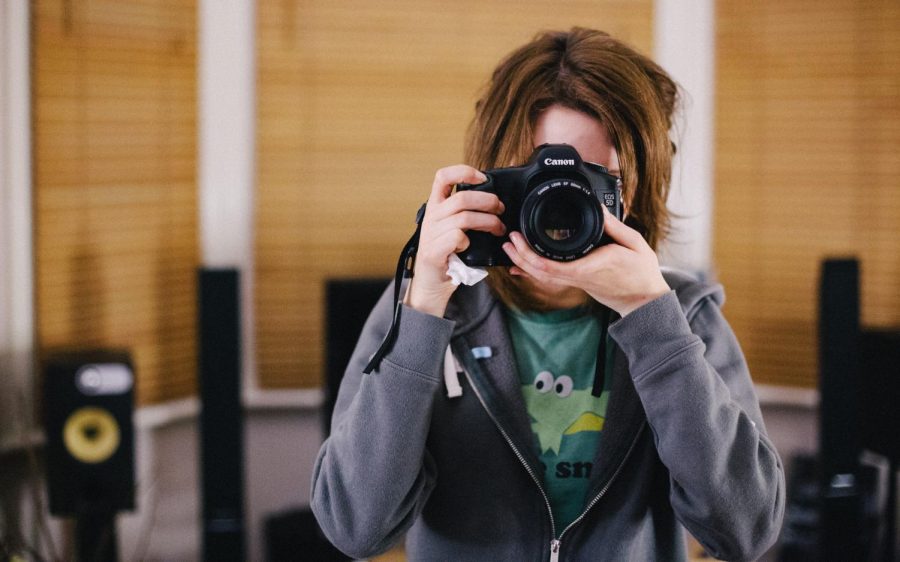It was my last day at home before move-in day. My mother had brought out a keepsake box full of old family photographs so that I could pick out a few to take with me. I perused the photos in my hands. My eyes slowly moved from one photograph to another and my thoughts followed, pondering over the circumstances of each of the captured moments in the box.
Why did these images look so different to me? What made them different from the photographs I had saved on my smartphone? There was something about feeling and looking through photos in my hands that made them special. I felt the emotions attached to these photographs a lot more strongly than if I had simply swiped through some photos on the photo gallery on my smartphone. And that’s when the following questions dawned on me: Are the advancements in digital photography making photographs less meaningful? Are the abundance and purpose of digital photographs diminishing their significance in our lives?
Taking photographs used to be a much more complex process than what it is now. Because it required a lot of effort and patience, only special moments and events were deemed worthy enough for a click and flash from the camera. Now, however, smartphones have made it too easy and too simple to take pictures. All we need to do now is pull out our smartphones, point it at the scene of interest, touch a button and voila! The images are there, immediately saved and waiting to be edited, shared or deleted. When the process is that simple, it is difficult to refrain from taking photographs of every single thing that we find even remotely interesting. We end up taking too many unnecessary and nonessential photographs just because we can. And even though having too many unnecessary pictures is a hassle on its own, the real problem is how it affects the meaning behind the photos. Possessing an abundance of photographs leads us to lose the significance behind them, defeating the very purpose of taking a photograph.
Abundance is not the only issue we face when it comes to digital photography. The purpose behind taking photos has changed since the dominance of social media. Without social media, the sole purpose of a picture is to remember and commemorate an occasion. However, with social media, the purpose becomes to build an online identity for ourselves, to share our lives with friends and acquaintances, to communicate with the rest of the world. And while these are usually reasons used to appreciate and praise social media, they do not do us any good when it comes to preserving our special moments.
We sometimes become so concerned with taking a good photograph that we lose sight of all the details surrounding the photo. If this scenario seems familiar, you’re not alone. This is a result of what is called the “photo-taking impairment effect.” First identified in a 2014 study and later supported by a 2018 study, the “photo-taking impairment effect” states that you are less likely to remember an object that you photograph than an object that you simply observe. The 2018 study hypothesized that taking photographs “allows people to offload organic memory onto the camera’s prosthetic memory, which they can rely upon to ‘remember’ for them.” With the rising popularity of various social media platforms that allow us to share photographs, we get carried away trying to showcase our best selves. And in doing so, we lose the very essence of what photography was and should be. We forget to pay attention to the moment that we are trying to preserve, and what is the point of preserving a moment that you won’t remember?
As an individual living in the age of technology, I understand the appeal that digital photography has. It is delightful, easy and just plain fun. Therefore, I am not trying to convince you to never use digital photography again. Instead, I encourage you to consider what is worth photographing. I encourage you to photograph the beautiful people, places and moments in your life, but while doing so, make sure to immerse yourself in the moment, take it all in and let yourself feel. Because when you look back on that photograph one day, it is that feeling that you will want to remember.
Rithika Senthilkumar is a Collegian columnist and can be reached at [email protected].


















